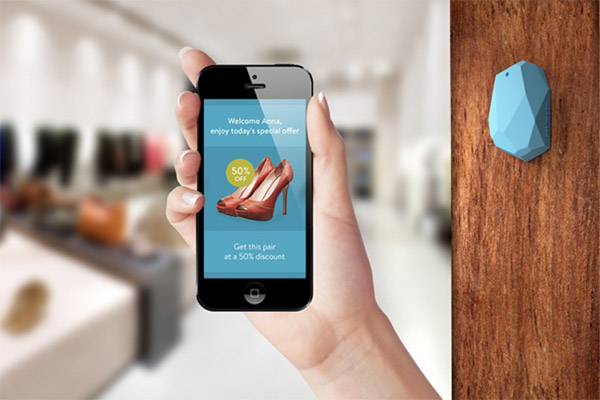
Remember the good ol’ days, when you walked into your favorite retail store and the sales associate greeted you by name? He directed you over to their new shipment of sports apparel because he knew you’d like it. He even snuck you a discount code during checkout, just because. Well, we’re on the verge of experiencing shopper personalization 2.0, all thanks to indoor locationing technologies.
Indoor locationing…what?
Indoor locationing technology describes the process of using a customer’s in-store location to create an interactive, personalized experience. WiFi and beacon technology are essential in creating an omni-channel network – by using someone’s smartphone to map out their location, retail stores can provide a level of customer engagement like never before.
How stores can use this technology
There are many, many possible ways stores can utilize this technology to enhance the shopping experience. Imagine these soon-to-be realities:
Personalized greetings. The moment a customer enters a retail store, an interactive welcome message greeting them by name is sent to their phone.
Customized offers. When beacon technology senses a returning customer, it sends tailored coupons based on their shopping history. It can also send coupons depending on a shopper’s location, as Macy’s will do with department-specific coupons.
Better store layouts. Managers track foot traffic via beacons to see where customers are going, to better design their product placements.
Instant service. A customer requests help via an interactive loyalty app, which instantly notifies a service rep with that customer’s in-store location.
Way-finding.
Using a self-service app, customers browse through the store’s inventory and follow directions to a specific item’s location within the store.
Waste & time saving. The hassle of paper coupons and plastic loyalty cards is history. Users make shopping lists before leaving their homes, with way-finding apps routing them through stores and shopping malls in the quickest, most efficient manner.
Benefits for stores
In addition to enhancing the shopper experience, retail stores will also receive huge benefits in the form of rich analytics. They will receive data such as: how many shoppers are in the store, what sections are most popular, and the effectiveness of certain promotions. This data allows managers to improve their stores, to provide an even better, even more interactive shopping experience going forward.
Would you be willing to trade a bit of your privacy in exchange for a personalized shopping experience? Why or why not?

